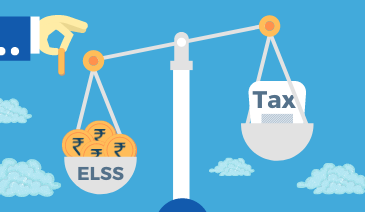A Real Estate Investment Trust (REIT) is a company that owns, operates or finances income producing Real Estate properties which may comprise of apartment buildings, cell towers, data centres, hotels, healthcare units, offices, warehouses etc. Most REITs focus on a particular property type, but some hold multiples types of properties in their portfolios. How does a company qualify as an REIT? REITs lease out their properties, collect rentals and distribute dividends to their shareholders. Mortgage REITs do not directly own real estate, but finance real estate instead and earn income from the interest on these investments. To qualify as a REIT, a company …
Beneficial ways of investing In REITs : Types, Advantages & Limitations of REITs
























